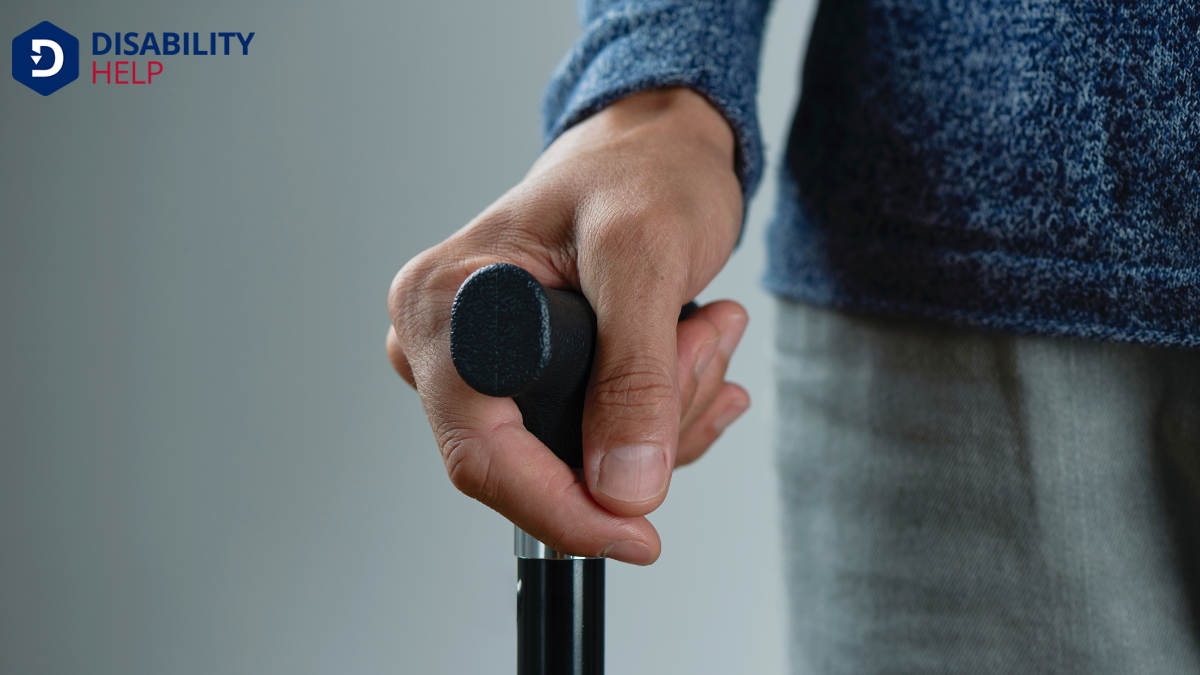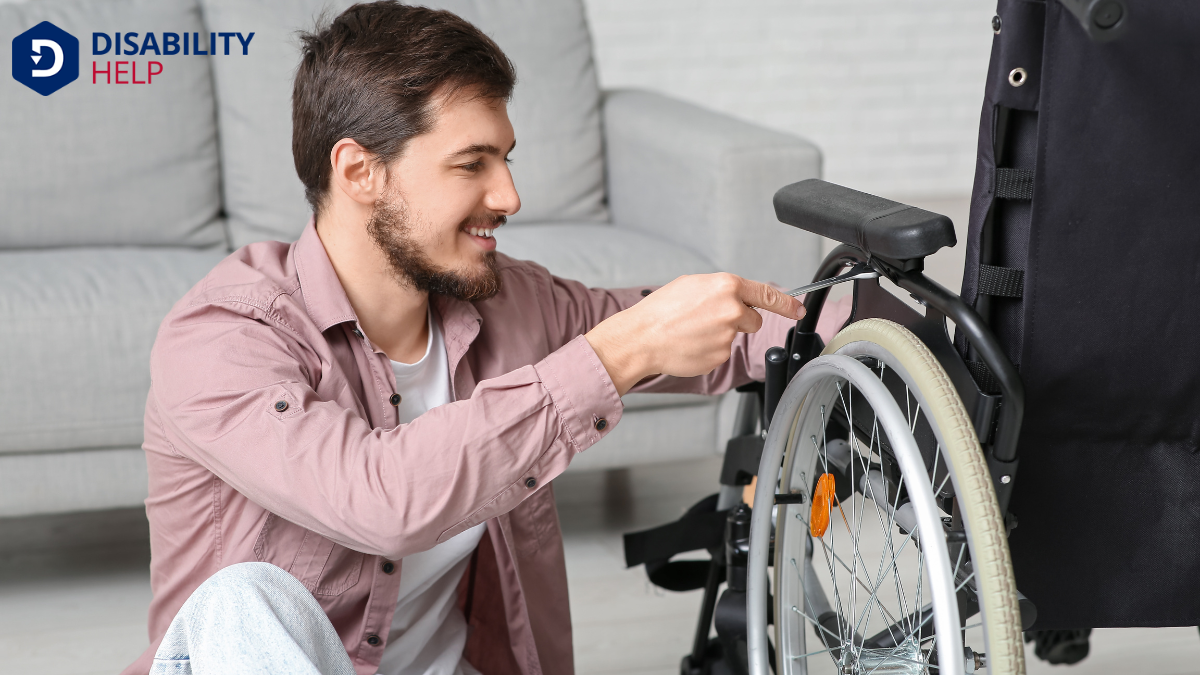Let's explore which assistive device offers the least support. We often think of canes or walking sticks, particularly those with simple designs, as providing minimal assistance. These devices are lightweight, portable, and encourage natural movement, making them ideal for those with mild mobility issues. By promoting balance and coordination, they offer a sense of independence. But how do we determine if they're the right choice for us? Let's uncover more about their benefits and ideal scenarios.
Key Takeaways
- CaneA mobility aid used to assist with balance and walking. tips can be considered low-support devices, providing stability while encouraging natural movement.
- Grip-enhancing gadgets offer minimal assistance, primarily aiding in enhancing hold on objects.
- Nonslip grips are designed for slight support on slippery surfaces without impeding independence.
- Lightweight walking canes provide basic balance support and are ideal for mild mobility challenges.
- Devices with ergonomic handles reduce strain but offer minimal additional support.
Understanding Minimal Support Devices
When we immerse ourselves in the world of minimal support devices, we find that they're essential tools designed to enhance our daily activities without overwhelming us.
These devices, often subtle in their assistance, offer the perfect balance between support and independence. We can think of them as helpful companions that quietly aid us in maintaining our autonomy.
Minimal support devices include items like cane tips, nonslip grips, or small gadgets that improve our grip or stability. They're not just for those with significant mobility challenges; anyone looking to simplify their day-to-day tasks can benefit.
Features of Low-Support Assistive Devices

Exploring minimal support devices, we often find ourselves curious about the specific features that make them so effective and appealing.
These devices, such as canes and walkers, are designed with simplicity and ease of use in mind. They’re lightweight, often made from materials like aluminum or carbon fiber, which allows us to maneuver them effortlessly.
Adjustable height settings guarantee a personalized fit, enhancing comfort and safety. Additionally, ergonomic handles reduce strain on our hands and wrists, promoting better posture.
Some models include non-slip rubber tips for better traction on various surfaces. Their compact design makes storage and transport convenient, enabling us to integrate them seamlessly into our daily routines.
These features provide the essential support we need without unnecessary complexity.
Benefits of Using Minimal Support Options
Although we mightn't always realize it, choosing minimal support assistive devices offers numerous benefits that enhance our daily lives. First, they empower us to maintain independence by encouraging natural movement and balance. We stay more in tune with our bodies, which helps us build strength and confidence.
Additionally, these devices tend to be lighter and more portable, making them easy to carry and use in various settings.
Moreover, minimal support options often require less maintenance and are more discreet, allowing us to move through social situations with ease. They provide just enough assistance while still challenging us to engage muscles and improve coordination.
Ideal Scenarios for Low-Support Devices
How do we determine the best situations for using low-support devices?
It's essential to identify scenarios where minimal assistance is both safe and effective.
Let's consider four ideal conditions:
- Mild Mobility Challenges: When users experience occasional instability, a low-support device can provide just enough help without becoming cumbersome.
- RehabilitationThe process of helping individuals with disabilities achieve and maintain their optimal physical, se... Phase: In early recovery, these devices encourage muscle development and balance as part of a gradual improvement process.
- Short Distances: For tasks involving brief walks, a lightweight device offers convenience without over-reliance.
- Active Lifestyle: Individuals maintaining a high level of activity may prefer devices that don't hinder their mobility, allowing for more natural movement.
Making an Informed Decision

When considering low-support devices, how do we guarantee we're making the best choice? First, let's evaluate our specific needs. Each of us has unique challenges, so pinpointing what we require assists us in narrowing down options.
Next, we should research various devices, understanding their features and limitations. Consulting with professionals, like occupational therapists, can provide valuable insights tailored to our circumstances.
Let's not overlook reviews and testimonials from others who’ve used these devices. Their experiences can highlight potential benefits or drawbacks we mightn't have considered.
Finally, testing devices whenever possible gives us firsthand experience, ensuring comfort and compatibility. By combining these strategies, we empower ourselves to select a device that truly meets our needs without compromising on support.
Conclusion
In summary, we've explored how simple canes and walking sticks offer minimal support, making them ideal for those with mild mobility challenges. These devices are lightweight, portable, and encourage natural movement, which helps maintain independence. They're perfect for short distances and active lifestyles. When choosing an assistive device, it’s important to take into account your specific needs and lifestyle to guarantee you make an informed decision that enhances your mobility and quality of life.






